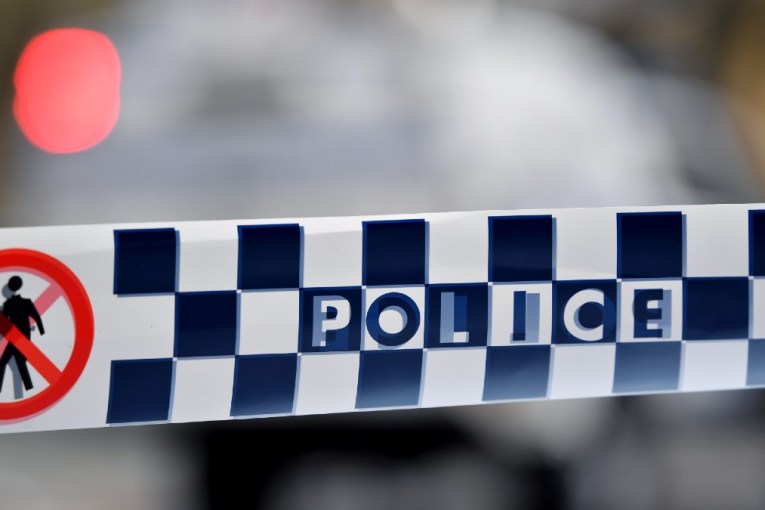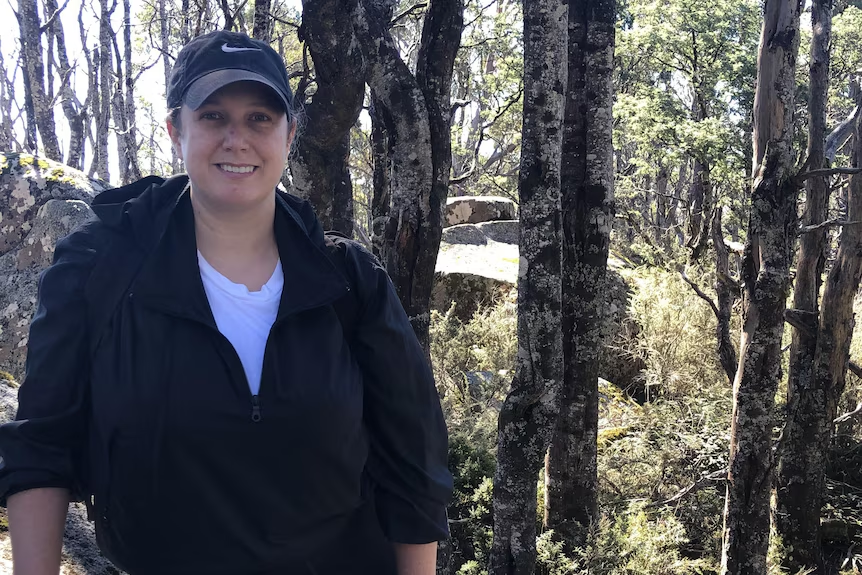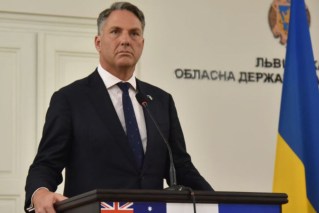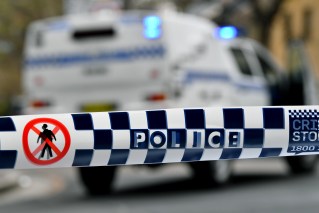‘We deserve better’: police, courts lashed for failing to protect community
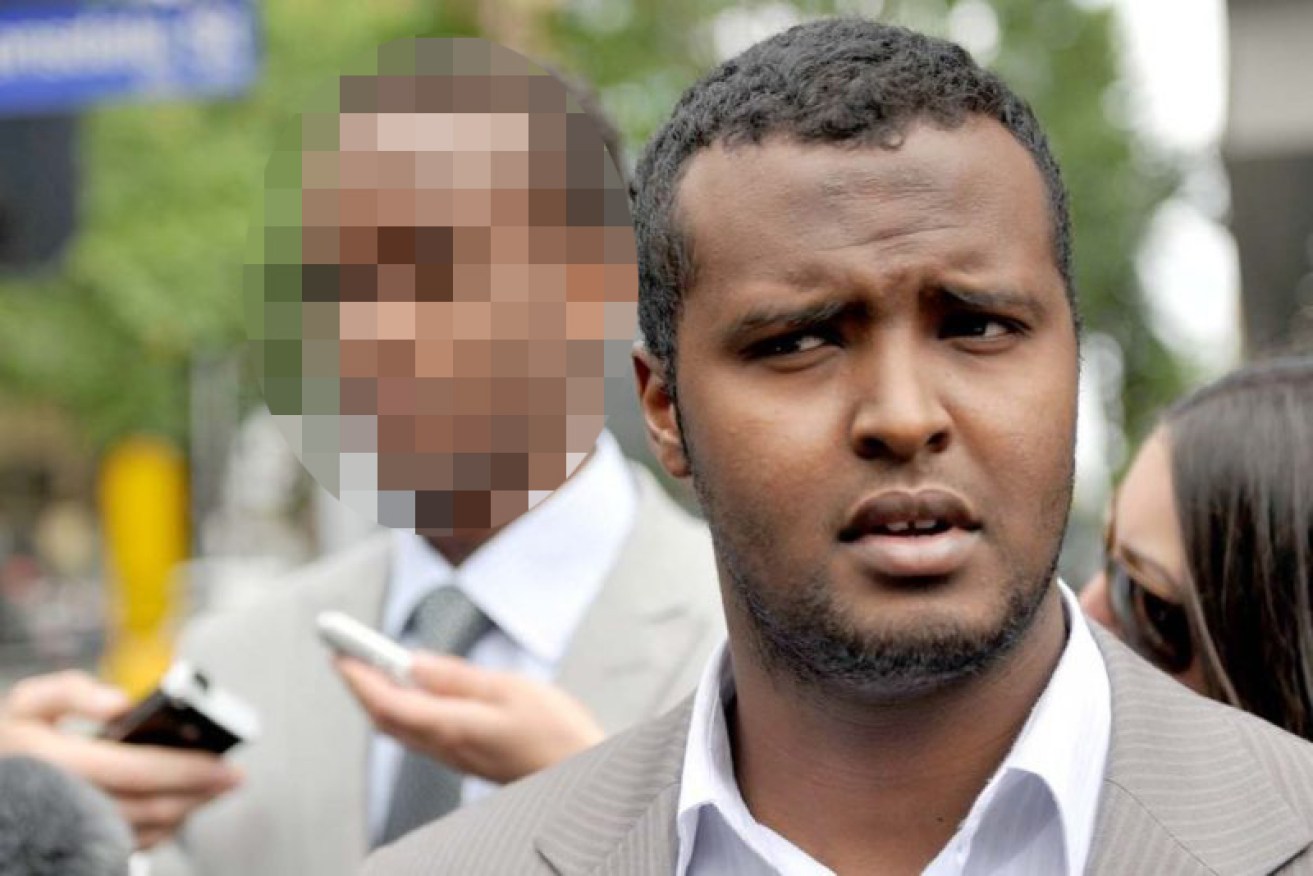
Somali refugee and parolee Yacqub Khayre (R) was cut down by a hail of police bullets. Photo: AAP
Monday’s devastating attack by a violent offender with a long history of criminal activity could have been avoided if authorities better managed the early release and monitoring of criminals, say advocates for victims of crime.
This time it is Victorian authorities who are in the spotlight after it was revealed that Yacqub Khayre, who killed one man and injured three police officers after taking a sex worker hostage in the wealthy suburb of Brighton, had a long history of violence and had been investigated for links to terrorism.
It comes just months after a car was driven through lunchtime crowds in central Melbourne, killing six and injuring dozens, with the alleged driver known to police.
It also follows the disturbing revelations about the violent criminal past of Man Haron Monis, the man at the centre of the Lindt Cafe siege, and a series of bloody attacks by known terror sympathisers in the UK.
Karen Harrison, who was raped by a sex criminal in 2012, told The New Daily that she was furious that the Victorian authorities were continuing to grant parole to repeat violent criminals.
“I don’t understand why he [Khayre] was out on parole, honestly,” said Ms Harrison, whose attacker was a repeat offender on a supervision order.
Khayre, she said, had “a long history of violence – any person that has a violent history should never get parole”.

Adrian Bayley: a repeat offender who killed Jill Meagher while on parole.
Ms Harrison, who is one of a number of crime victims represented by Shine Lawyers in a legal case against Victoria, said the public was losing patience with a system that allowed known criminals to roam free to hurt innocent people.
“My rapist is in prison and one day will be eligible for parole,” she said. “What happens when he gets out because the laws aren’t strong enough to keep him there?”
Victoria revamped its parole system following the 2012 rape and murder of Jill Meagher by repeat offender Adrian Bailey, making breach of parole conditions a crime for the first time.
But a string of high-profile and shocking crimes since then has put the state’s handling of dangerous offenders back in the spotlight.
In 2015, convicted sex criminal Sean Price murdered 17-year-old Masa Vukotic in a Melbourne park while out on parole.
In January, Victoria’s bail system came under scrutiny after it was revealed that suspected Bourke Street massacre perpetrator James Gargasoulas had been on bail when he allegedly used his car to run over and kill six people.

Jill Meagher was murdered by a convicted rapist Adrian Bailey, who was out on parole.
On Tuesday, Prime Minister Malcolm Turnbull said it was “very hard” to understand why Khayre, who was acquitted of involvement in a plot to attack a Sydney army base in 2009, was out on parole.
“It is clear that this is a real issue where people with known records of violence, including people with known terrorist connections, or at least connections with extremists, have been released on parole,” Mr Turnbull said, adding that the issue would be high on the agenda at his next meeting with state and territory leaders on Friday.
Hitting back at criticism from the state opposition, Victorian Premier Daniel Andrews on Tuesday defended the state’s parole system as the toughest in the country while committing to a review of the law.
Victims of Crime Commissioner Greg Davies told The New Daily that parole standards had to be tightened.
“We’ve got a system where, when it fails, people die,” Mr Davies said. “Of course we need to look at it. We need to look at it even further than the commendable steps that have already been taken.”
While acknowledging the parole board had an “extraordinarily difficult task,” Mr Davies said he had specific ideas for reform which he would reveal at a later date.
“We now have in Melbourne what is alleged to have been a terrorist attack condoned if not ordered by ISIS,” he said. “If this doesn’t convince those who can make the changes to make them, then we are in diabolical circumstances.”

